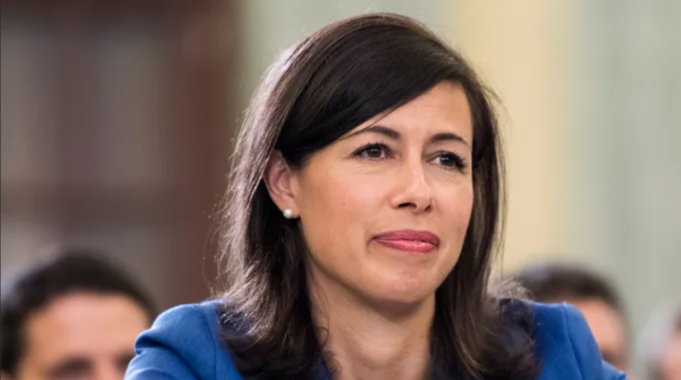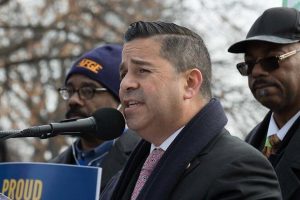
A majority of beneficiaries of the Affordable Connectivity Program did not have quality internet access prior to the program’s inception, according to a new survey commissioned by the Federal Communications Commission.
The December 2023 survey shows 68 percent of subsidy program’s participants had “inconsistent connectivity or zero connectivity” before signing up for the ACP. Of this group, 80 percent claimed affordability as the main barrier to connectivity. Roughly 47 percent of respondents and 53 percent of rural respondents claim they primarily relied on mobile service for internet connection prior to participating in the ACP.
The survey also finds that 77 percent of participants anticipate losing connectivity or experiencing disruptions to their connectivity in the event the ACP expires due to changing their plan or dropping internet service. Participants also use the ACP for critical services, with 72 percent reporting using it to arrange healthcare appointments, 48 percent using it to seek jobs or finish work, and 75 percent of 18–24-year-olds using it to complete schoolwork.
The survey, released by the FCC on Thursday and conducted by the Universal Service Administrative company in December 2023, examined how the ACP impacted the lives of its 23 million participants. The survey assessed how the ACP helped low-income and tribal families gain access to healthcare, education, and employment opportunities.
“Thanks to today’s survey data, leaders making the decisions about ACP’s future know one thing for certain: if we want to close our nation’s digital divide, the Affordable Connectivity Program is not nice-to-have, it’s need-to-have,” FCC Chairwoman Jessica Rosenworcel said.
“We’ve come too far to turn back now,” she added.
ACP proponents face a barrier of Republican opposition in their quest to secure more funding for the endangered program. Some conservatives argue that ACP beneficiaries already had internet access prior to the initiative’s inception, rendering the program useless. Republican lawmakers penned a letter to Rosenworcel in December 2023, calling the program “wasteful.”
The ACP, an outgrowth of the 2021 Infrastructure, Investment and Jobs Act, provides subsidized broadband internet service for low-income families and families on tribal lands. The program was granted $14.2 billion to get broadband to low-income Americans. Without an additional injection of cash from the federal government, the program is expected to expire in April.
The Universal Service Administrative Company conducted the survey. The USAC emailed a random sample of 110,000 households participating in the ACP. The survey, which was conducted between December 12, 2023 and December 14, 2023, amassed 5,317 responses.


